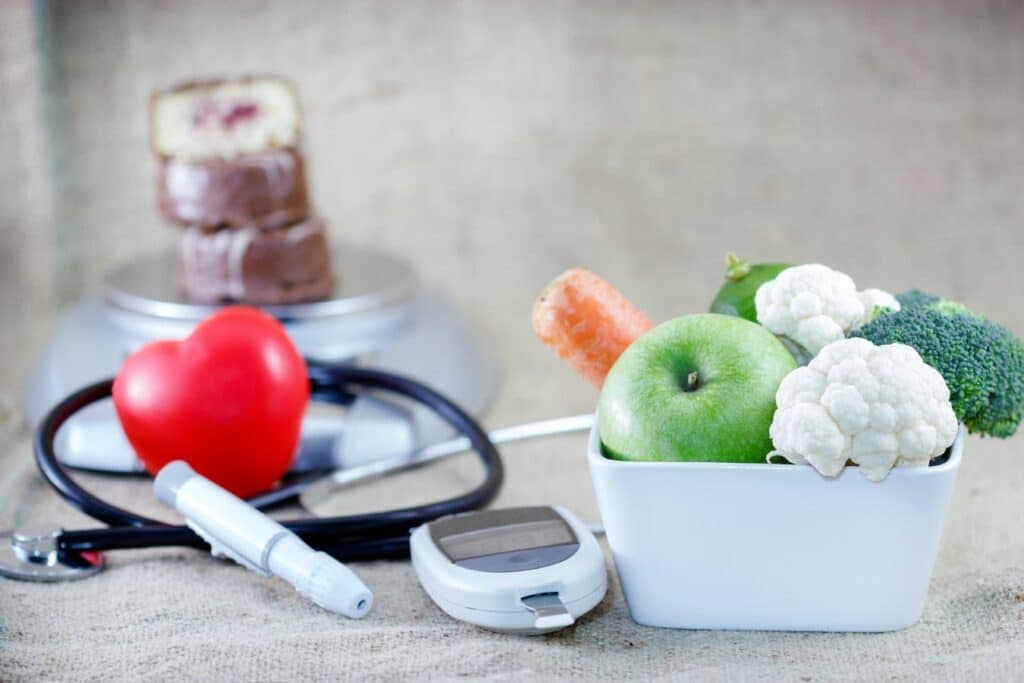Diabetes is another health condition can sneak up on your senior. Gradually experiencing higher blood sugar levels over several years might mean that your senior just doesn’t realize that something is changing. Some of these symptoms, however, make it obvious to you and to your elderly family member that there’s more going on that she needs to address.
Slow Healing Wounds
An extremely common symptom of diabetes is wounds that heal slowly. Your elderly family member might not notice this immediately, but even smaller wounds are likely to take much longer to heal than they should. Larger wounds can actually become ulcers. If your elderly family member doesn’t start to pay attention to these wound issues, this is the diabetic symptom that can quickly lead to amputations and other painful complications from diabetes.
Vision Issues
Blood sugar that is too high affects many organs in your senior’s body, including her eyes. Fluctuating blood sugar levels interfere with the pressure in the eye as well as the blood vessels that lead to the eyes. As a result, your elderly family member might start to experience issues like blurry vision, double vision, or other problems with her eyesight. It’s important to mention any vision changes to her doctor.
Increased Thirst
One symptom of diabetes that might be more recognizable to many people is increased thirst. If your senior mentions that she’s constantly thirsty and just can’t seem to drink enough water, that can be an indication that her blood sugar levels are extremely high. Treating diabetes and getting her blood sugar levels under better control is the best solution for the increased thirst she’s experiencing.
Increased Urination
One of the side effects of drinking a lot more water than usual is that your senior may also find that she’s urinating a lot more than usual. If your elderly family member also experiences mobility issues, she may find that this increase in urination causes additional anxiety and may even lead to accidents that are impossible to avoid.
Managing diabetes can feel complicated at first. Some of the best solutions for your senior are likely to include dietary changes and adding exercise to her routine, according to her doctor’s recommendations. All of this is easier to manage if your elderly family member has help from elder care providers. They can assist with meal preparation and remind your senior to exercise and to check her glucose levels.
If you or an aging loved one are considering elder care in Hazlet, NJ, please contact the caring staff at Lares Home Care 888-492-3538 or 732-566-1112.
- 24-Hour Home Care Makes Recovering At Home Easier For Seniors - June 4, 2025
- Why Seniors Need Companion Care - May 22, 2025
- Home Care Assistance Can Help Your Senior Parent Recover After A Heart Attack - May 7, 2025




